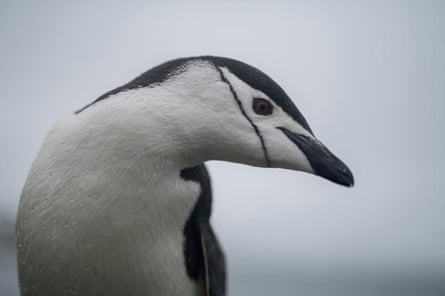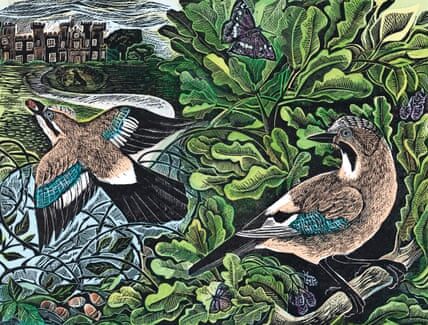According to new research, chinstrap penguins can sleep for just four seconds at a time, which may seem like a torturous experience for humans. However, these penguins actually do it thousands of times a day without any negative effects.
Researchers observing the avian population on King George Island, located in Antarctica, discovered that the birds take over 10,000 brief naps daily. This allows them to closely monitor their nests and defend their eggs and offspring against potential threats. Overall, the birds are able to get 11 hours of rest per day, without ever fully falling into a deep slumber.
The lead researcher, Paul-Antoine Libourel from the Lyon Neuroscience Research Centre, stated that while humans are unable to maintain this condition, penguins are able to. He also mentioned that sleep is a far more multifaceted process than what is typically described in textbooks.
In the 1980s, scientists studied the sleeping patterns of penguins by capturing them, housing them in a shelter, and observing them. They observed that the penguins experienced short periods of fragmented sleep, which they referred to as “drowsiness.” However, recent research has shown that this fragmented sleep persists throughout the entire day, indicating that the penguins are not entering a deeper state of sleep.
The study, published in the journal Science, found that breeding chinstrap penguins had a discontinuous sleep pattern regardless of their position on land. This suggests that even short periods of sleep, known as microsleeps, can serve some of the restorative functions of sleep. The observed penguins were able to sleep while standing or lying down.

Sleep seems to be ubiquitous among animals, but it makes them vulnerable to predation because they lose the ability to respond quickly to the outside environment. Libourel said: “Sleep is at the core of animal behaviour, and is also under selective pressure. Most sleep research is conducted in rats, mice and humans, but working on other species shows us at what point sleep is affected by environmental change.”
The scientists observed chinstrap penguins in their natural habitat using EEG monitoring and continuous video recordings. They discovered that the penguins experienced brief periods of microsleep, which were indicated by changes in their brain activity and eye movements. Interestingly, they also noticed that the penguins slept slightly deeper around noon, possibly when the risk of being preyed upon was reduced.
Chinstrap penguins take turns sitting on their nest for multiple days while the other goes out to find food. This prolonged rest could make their eggs and young vulnerable to being attacked by brown skuas or other penguins.
The scientists observed 14 penguins taking turns incubating eggs, from a larger group of over 2,700 breeding pairs. According to the researchers, it is noteworthy that these penguins engage in numerous microsleeps lasting only four seconds, which is a unique finding compared to other penguin species.

Research has revealed that certain animals have a tendency to sleep very little, without suffering any negative effects on their wakeful performance. For instance, a study on African bush elephants showed that they typically only sleep for two hours per day, and often while remaining upright. In some cases, they can even go without sleep for up to 48 hours.
Some species show variations between males and females in terms of sleep patterns. Male fruit flies require more than 10 hours of sleep per day, while females are able to function on only four hours and can even survive with less than 15 minutes of sleep without it affecting their chances of survival.
Giant frigatebirds have the ability to fly for extended periods of time during their ocean migrations. Despite only getting less than an hour of sleep per day, they are able to continue their navigation and hunting activities. Upon returning to their nest, they compensate for their lack of sleep by snoozing for almost 13 hours a day.
In a study published in the journal Sleep Advances, researchers stated: “Collectively, these mechanisms challenge the common belief that sleep is a necessary state for waking performance.”
Christian Harding and Vladyslav Vyazovskiy, in a related article published by Science, commented that the data presented by Libourel et al showcases the gradual accumulation of the advantages of sleep, making it one of the most extreme cases. They raise concerns about the extent to which altering sleep can affect these benefits.
They stated: “Demonstrating that sleeping in this manner does not have any negative effects on penguins would contradict the existing belief that fragmentation is always harmful to sleep quality.”
-
Find more age of extinction coverage here
Source: theguardian.com



